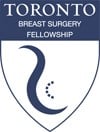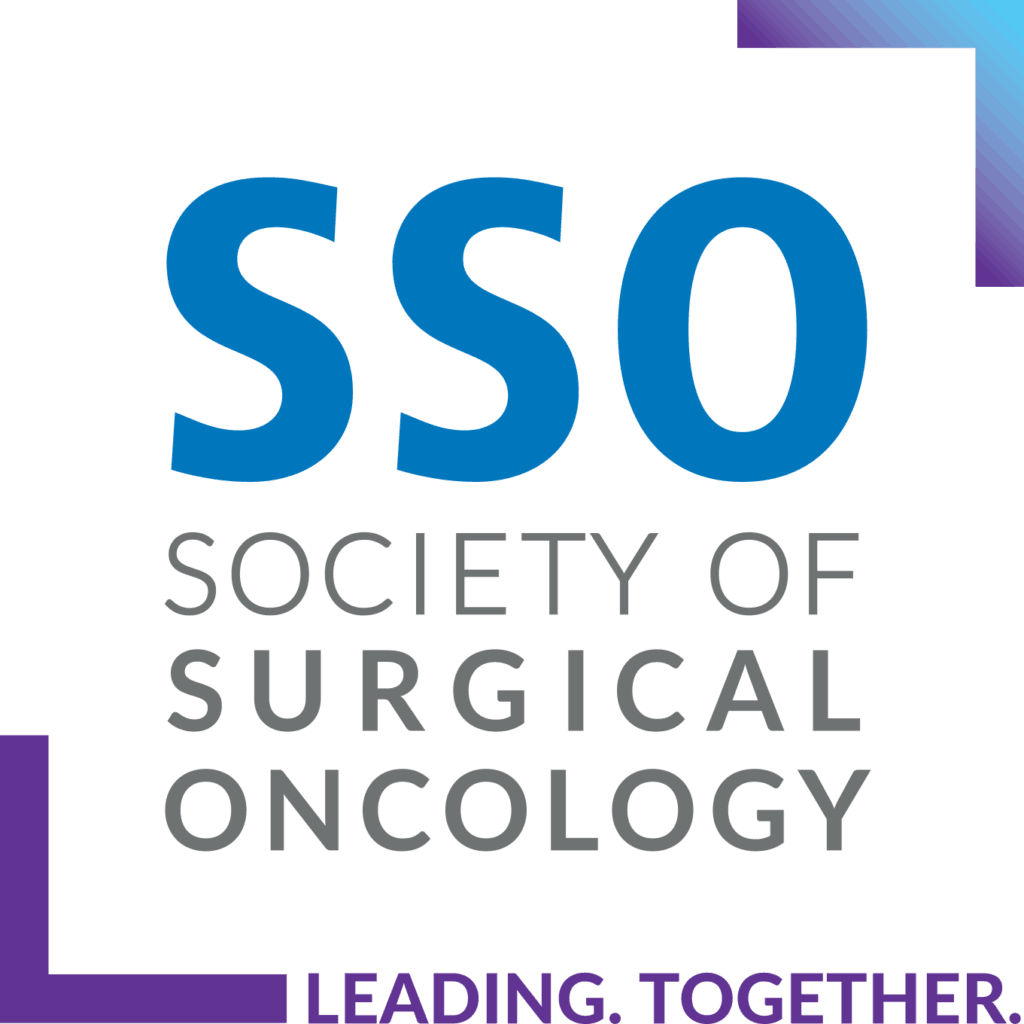Program Director: Wey Leong
Co-director: Amanda Roberts

The University of Toronto offers a 1-year fellowship in Breast Surgical Oncology aimed at providing fellows with a multidisciplinary approach to the management of breast cancer and an appreciation of the interrelationship between research and optimal clinical care. Fellows in this program benefit from exposure to faculty and facilities at two cancer centres with distinct yet complementary strengths: the Princess Margaret Comprehensive Cancer Centre, and the Edmond Odette Regional Cancer Centre at Sunnybrook Health Sciences Centre. These two cancer centres serve the Greater Toronto Area (population 5.5 million) and are referral centres for complex cancer patients for the province of Ontario (12 million). Both have extensive programs in clinical, translational and basic science research. The fellowship program takes 2 or 3 fellows per year. The program is accredited by the Society of Surgical Oncology (SSO) starting in the 2018 academic year. Two of the positions are eligible to receive the SSO certification.
About the Program
The primary focus of the fellowship is to provide experience in all aspects of the assessment and surgical management of breast diseases, including sentinel node biopsy and oncoplastic surgery. In addition to the surgical experience, fellows are provided with rotations in breast imaging, pathology, plastic and reconstructive surgery, medical oncology and radiation oncology. There is also considerable exposure to the management (including surgery) of melanoma. Fellows are expected to take a leadership role in tumour boards, journal clubs and didactic teaching sessions held in collaboration with the Fellowship Program in General Surgical Oncology.
All fellows are required to complete a research project suitable for publication during their fellowship — this can take a variety of forms, from completion of a project in the context of a one year clinical fellowship to formal graduate training in an area of research focus, (usually a minimum 2 yr commitment). There are available supervisors (not necessarily surgeons) in a wide variety of research areas including basic science research (biological, technology development etc), translational research, health services and outcome research, health policy, education, knowledge translation and clinical research.
Recognizing that fellows will have varying surgical experience and academic training, and will also ultimately work in a variety of settings, the program addresses individual trainee and institutional needs and characteristics. Fellows receive flexible instruction and opportunities to explore areas of academic interest that will enable them to practice as Breast/Melanoma surgeons in academic cancer centres, regional cancer centres or community hospitals.
Clinical Training
Fellows in this program benefit from exposure from training at two cancer centres with distinct yet complementary strengths. These cancer centres serve the Greater Toronto Area (population 5.5 million) and are referral centres for complex cancer patients for the province of Ontario (12 million). Both centres are actively involved in clinical trials.
- The Downtown campus includes the Princess Margaret Cancer Centre, Toronto General Hospital, Mount Sinai Hospital and the Women’s College Hospital located at the University Avenue in Toronto.
- The uptown campus includes Edmond Odette Regional Cancer Centre at Sunnybrook Health Sciences Centre, located at Bayview and Lawrence.
Core rotations:
- Breast surgical oncology rotations at both campuses
- Breast medical oncology/genetics and radiation oncology rotation
- Plastic surgery breast reconstruction program
- Breast radiology and pathology
- Community outreach program/ survivorship program
Breast Surgical Oncology Education
The education activities include a weekly core curriculum lecture and seminar series, weekly videoconference journal club and weekly multidisciplinary care conferences. The fellowship curriculum and objectives were in compliant with the training requirements for SSO.
Education Director: Dr. Alexandra Easson
Research
Before the beginning of their first year, fellows will be contacted by the Research Director and they will be assigned a research mentor(s) based on their research and clinical interests. The University of Toronto network offers many opportunities and strong support in various research areas, including clinical trials, outcome-based research, knowledge translation, economic analyses, qualitative studies, and basic sciences. It is expected that each fellow will complete at least one research project during the fellowship and that this project will be submitted for publication.
Research Presentations
Research Day: Once a year, BSO fellows present their work at the combined program research day with General Surgical Oncology.
BSO fellows also have the opportunity to present their work at the University of Toronto events such as Gallie Day and the Annual Assembly of General Surgeons. Finally, they are encouraged to submit their research for presentation at national and international meetings, such as the Canadian Society of Surgical Oncology, and the Annual Cancer Symposium of the SSO.
Research Director: Dr. David Lim
Eligibility
Eligible candidates, please apply to the fellowship through the SSO matching process.
- Completion of General Surgery residency at a recognized surgical training program
- Eligibility for an educational license to practice medicine in the province of Ontario
- Updated curriculum vitae
- A mission statement
- Three letters of reference
Application dates are available to view on the SSO Breast Fellowship page. Interested candidates should submit curriculum vitae, three letters of reference and a mission statement indicating career plans particularly any future committed positions, personal goals for the fellowship, and any funding from a sponsoring institution or country.
On-call commitments: Fellows may choose to take some General Surgery residency call
Stipend: $CAN 80,000 per year. All fellows are encouraged to apply for any external funding for which they are eligible, including training grants and/or traveling fellowships from their home institutions/countries.
Number of positions: 2 or 3 per year
Duration: 1 year, August – July. An additional research year may be available for fellows enrolled in graduate degree programs at the University of Toronto if funding permits.
PGME Timelines:
Detailed Registration Timeline.pdf (412.91 KB)
Once you have been accepted into a Fellowship Program, these are the timelines to expect from the Post Graduate Medical Education Office.
Contact Information
Program Director: Wey Leong
Co-director: Amanda Roberts
Administrative Inquiries:
Jaime Burke
Division of Surgical Oncology
OPG Wing, 6th Floor, 6W275
700 University Avenue
Toronto, Ontario
Canada M5G 1Z5
Phone: (416) 946-6583
Fax: (416) 946-4429
E-mail: Jaime.Burke@uhn.ca
Attending surgeons:
Uptown Campus
Downtown Campus






